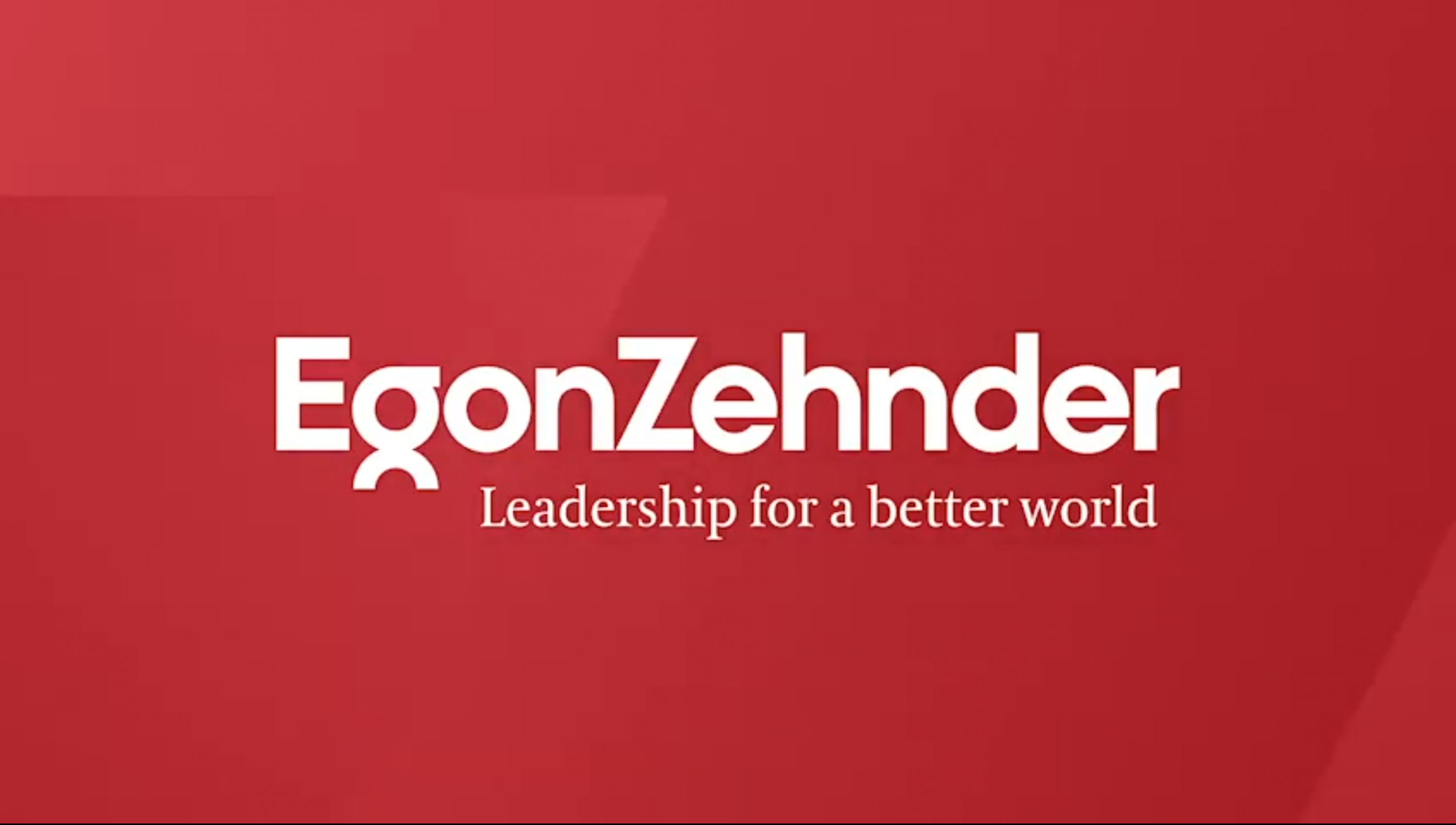Ever been told as a leader that you’re sending mixed messages? Or setting conflicting priorities? At the best of times, this causes confusion and anxiety. In this pandemic, ever more so. And the intention is never to create fear. So now is an important moment to understand how to make sense of seemingly conflicting messages and priorities and by doing so we can release the inherent tensions, creating liberating energy, not more insecurity.
Watch Chairwoman Jill Ader's video message to leaders.
So how likely is it that in recent weeks our colleagues have heard you say “The wellness of our colleagues has to come first” and in the next breath “The focus has got to be on the business pipeline?” Or maybe they’ve heard “This is urgent, work round the clock, do whatever it takes” and in the next breath they hear you say, “Our mental health matters, take care of yourself”?
These are PARADOXES; they’re not new but in a crisis they’re heightened. We need to be embracing paradoxes and having the real conversations. Each of us is experiencing the pandemic in intensely personal ways, so our capacity or tolerance to hear the messages from leaders changes by the day, by the hour. And so the spectrum of emotions that we are addressing is wider than ever. We all know it’s important to communicate more in a crisis, but if the “more” is repeating mixed messages that‘s just compounding the fear.
Let’s take an example. We can’t choose between our values and performance: Performance without values is ruthless, but values without performance is insipid and probably doomed; it has to be both. And in this time of crisis, we also have another paradox which is “solving for now” and “building for later”. It has to be both.
As a leader the challenge is in fact twofold. Firstly it’s internally, literally it’s within us wrestling with our own conscience on the topic of a paradox, and then it’s helping our colleagues to understand those tensions.
So how do we do this better?
-
First lean in: A natural human tendency is avoidance, to dodge the topic and any contradictions. Or to set up this “good cop”/“bad cop” dynamic, if you’re familiar with that. The best leaders go straight to the very heart of the challenge, and they manage to reframe the situation and get to a shift that relaxes those inherent taut tensions of the paradox, rather than sweeping them under the carpet.
-
And yes, TALK about the tensions, not just each side of the paradox independently: well-being one day, and maybe business growth the next day, rather explore the fundamental tensions between and within them. Because without naming and holding the paradoxes, many leaders in the middle of this pandemic are really just compounding the insecurities.
-
So let me take a step back: What do I mean by “HOLDING the paradoxes”? It’s about pausing to deepen a shared understanding, to get us on the same page; it’s literally creating a safer container so that people can voice their fears and feelings bravely. And you give permission for others then to talk about both sides of that paradox in the same conversation. Performance and care. It’s not a choice, they’re actually interdependent.
-
This approach has the benefit of also encouraging new thinking: So if we talk about how could “solving the now” help us to “build for the future”? Or how will well-being and safety improve revenue growth? And vice versa. Those are different questions.
In this pandemic, society also needs collaborative leadership and in some sectors right now we are seeing leaders having to name this paradox – yes, we need to collaborate with our competitors AND we need to come out of this ahead of them, so what else are we doing? When situations feel fraught with apparent conflicts and contradictions, that is precisely when you need to come in and have the real conversations about those paradoxes.
As leaders, we need to avoid being the AUTHORS of seemingly conflicting messages. These real conversations will help organizations make meaning of the new world, navigate its challenges and recreate valuable new human capabilities for this uncertain future.
But on the other hand, mixed messages are received with cynicism and a sense of deceit. Not surprisingly, trust goes down and it’s seen as a mischief-making, just when we need our leaders to be our trusted “meaning-makers”.
So our advice to leaders? Have the COURAGE to go to the very heart of matters and name the tensions so they are tangible and balanced. And THEN you create congruence. Talking about paradoxes is simply the healthiest way we know to do just that.
Stay well. Thank you.






